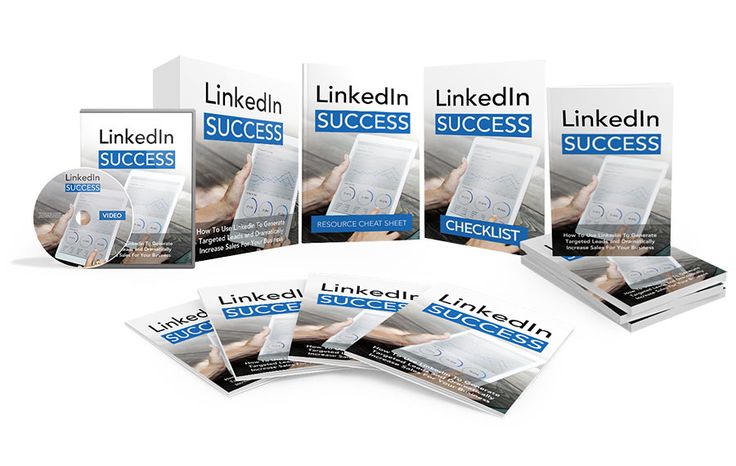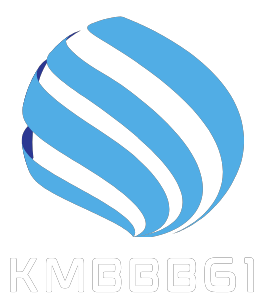In the digital age, content is king. Whether you’re a blogger, an online entrepreneur, or a content creator, you’ve probably come across two popular options for generating material: PLR (Private Label Rights) eBooks and original content. But which is better for your needs? Let’s dive into the pros and cons of each to help you make an informed decision.

What Are PLR eBooks?
PLR eBooks are pre-written works that you can purchase and modify as your own. They often cover a range of topics and come with the rights to edit, rebrand, and sell the content plr ebooks. This can be an attractive option for those looking to save time and effort in content creation.
Pros of PLR eBooks
- Time-Saving: PLR eBooks allow you to quickly fill your content library without the need to write from scratch. This is especially helpful for busy entrepreneurs.
- Cost-Effective: Typically, PLR eBooks are more affordable than hiring a writer or creating original content. This can be a budget-friendly way to produce material.
- Variety: With numerous topics available, you can easily find PLR content that aligns with your niche or target audience.
- Easily Customizable: You can tweak and modify the content to better fit your voice, brand, and audience.
Cons of PLR eBooks
- Quality Variability: The quality of PLR content can vary widely. Some eBooks are well-written, while others may lack depth or clarity.
- Lack of Uniqueness: Since PLR eBooks can be purchased by multiple users, your content might not stand out as unique, which can be detrimental for SEO and brand identity.
- Limited Ownership: You don’t have exclusive rights to the content, meaning others may use the same material, making it harder to differentiate your brand.
What Is Original Content?
Original content is material that you create from scratch. This could be blog posts, eBooks, articles, or any form of writing that reflects your unique voice, insights, and expertise.
Pros of Original Content
- Unique Voice: Original content showcases your personality and perspective, allowing you to build a distinct brand identity.
- SEO Benefits: Search engines favor unique content. By creating original material, you can improve your chances of ranking higher in search results.
- Building Authority: When you produce high-quality, original content, you position yourself as an authority in your niche, which can lead to more trust and credibility from your audience.
- Full Ownership: You have complete control over the content, allowing you to monetize it without concerns about others using the same material.
Cons of Original Content
- Time-Consuming: Creating original content requires time and effort. If you have a busy schedule, it may be challenging to maintain a consistent flow of fresh material.
- Higher Costs: If you choose to hire writers or content creators, costs can add up, especially if you need a significant amount of material.
- Creative Block: Coming up with new ideas regularly can be daunting. Original content creation requires inspiration and creativity, which can sometimes be elusive.
Which Is Better?
Ultimately, the choice between PLR eBooks and original content depends on your specific goals and resources. Here are some considerations:
- If you need content quickly and on a budget: PLR eBooks might be your best bet. Just ensure you choose high-quality materials and customize them to fit your brand.
- If you prioritize uniqueness and authority: Original content is the way to go. While it requires more effort, the long-term benefits of building your brand and credibility are invaluable.
- Consider a Hybrid Approach: Some content creators find success by using a combination of both. You can supplement your original content with high-quality PLR eBooks while maintaining a unique voice and authority.
Conclusion
In the end, both PLR eBooks and original content have their merits. Understanding your audience, brand goals, and available resources will help you choose the best path for your content strategy. Whether you opt for the convenience of PLR or the uniqueness of original creation, the key is to provide value to your audience.
